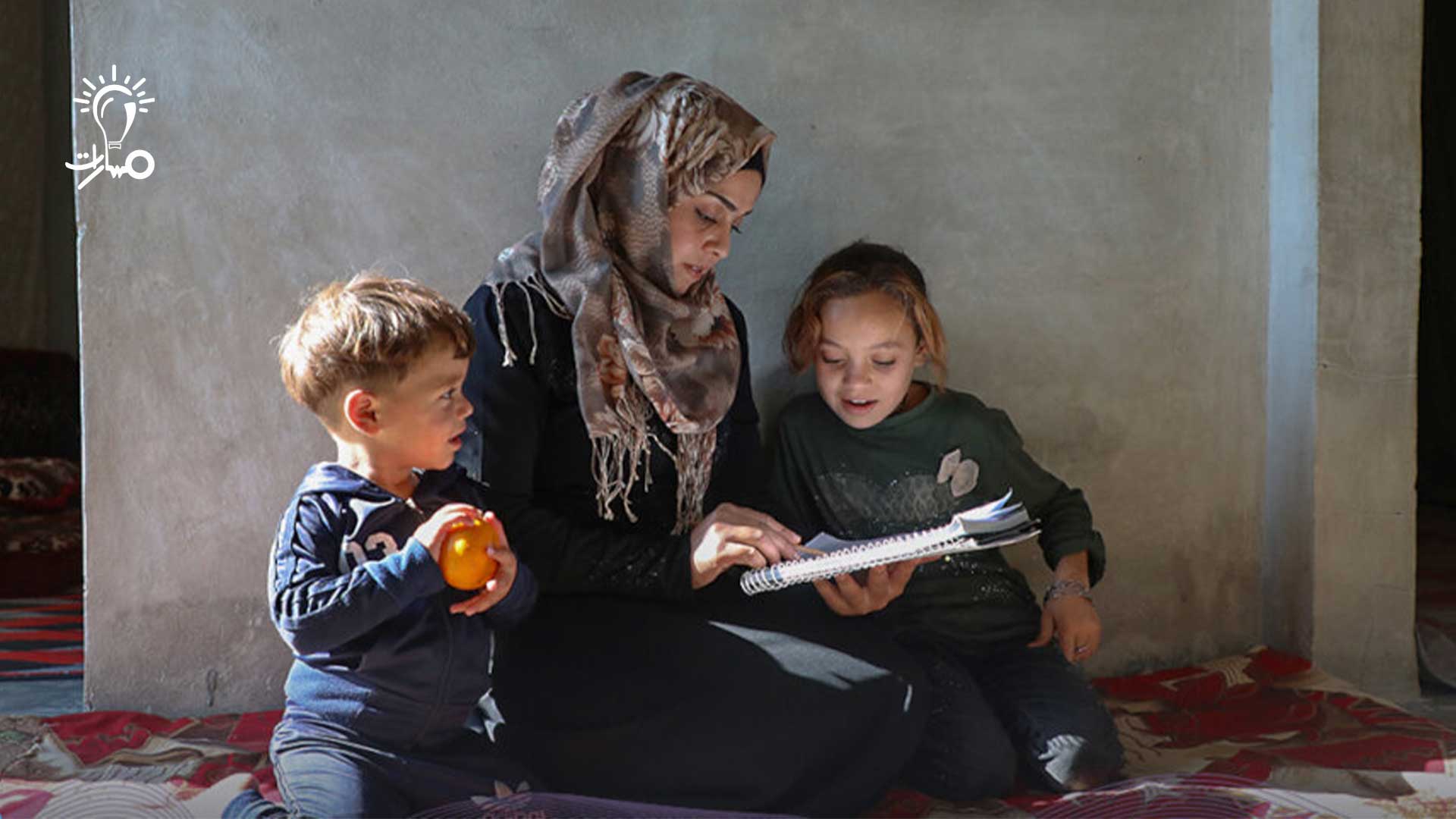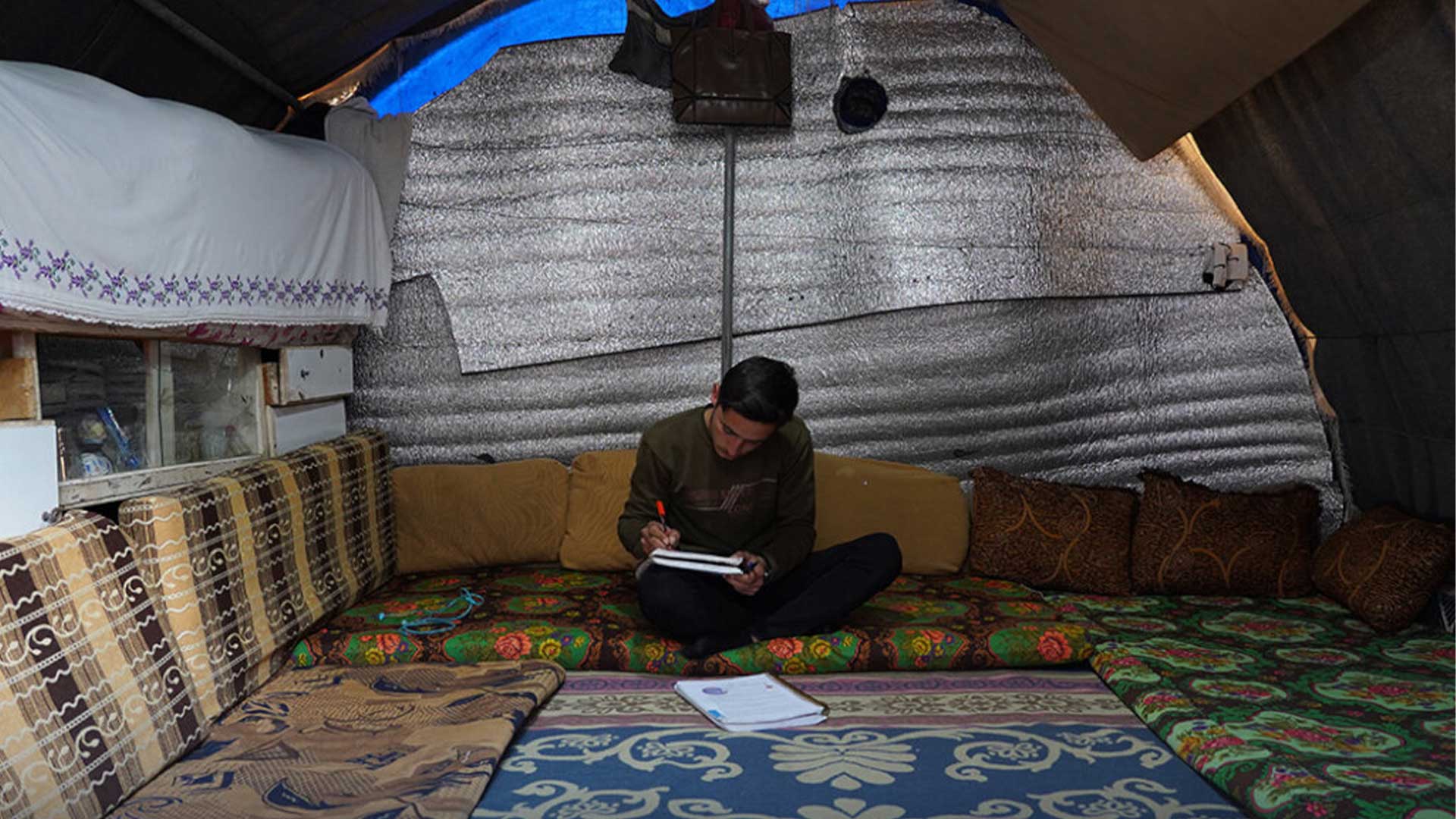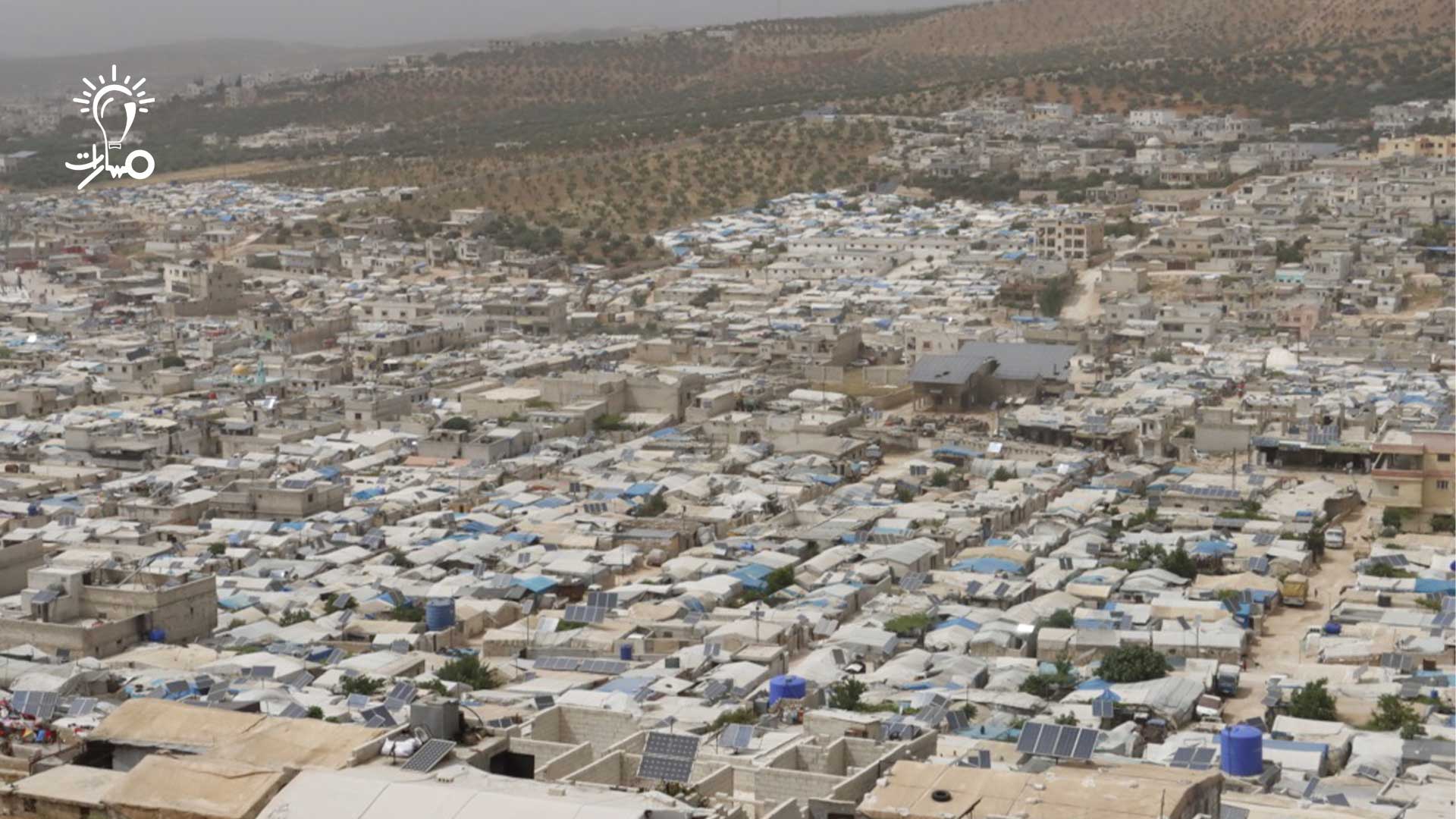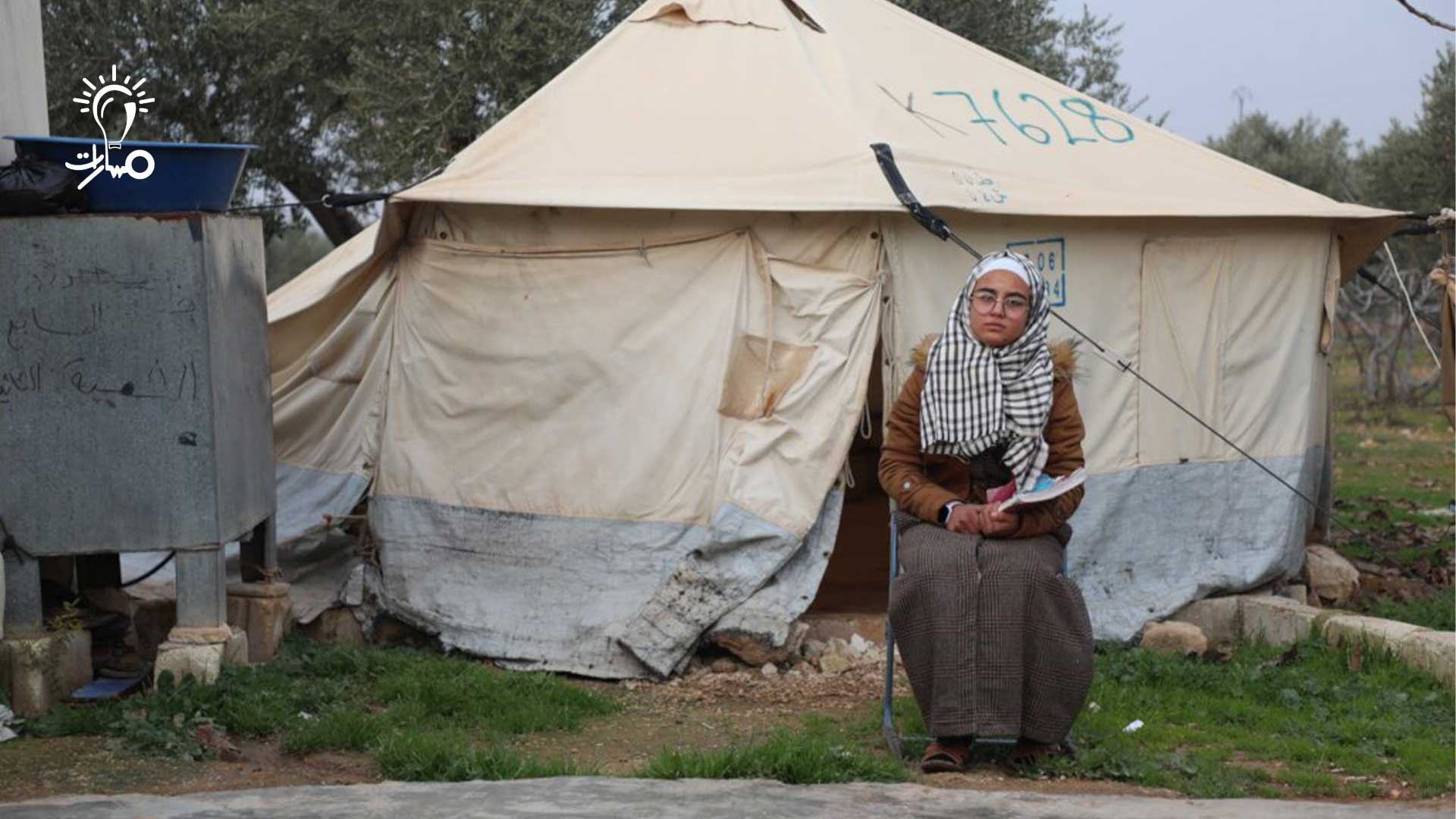Honesty, compassion, trustworthiness, generosity and benevolence, justice, kindness, patience, asceticism, humility, and gentleness.
These are words we frequently utter and live by daily, but what is their true meaning?
These words and their various forms hold great significance in both Islamic and global civilizations. They are tied to willpower and strive to transform negative behavior into positive conduct.
These values are tools for the progress of society. Islam embodies these comprehensive values, enabling society to evolve and uplift its members.
These values help create a virtuous and civilized society whose members are connected to Islam and its principles, making them the foundation of their mission in life. They live happily and with peace, seeking to earn the pleasure of Allah.
These are the “values,” which form an integrated system grounded in the principles of moderation and balance.
They respect reason, meet the innate desires of pure human nature, and adapt to different times and places while safeguarding individual, societal, and human rights with their unique characteristics.
Definition of Values
The term “values” (plural of qiymah) has been defined by Ibn Manzur as the price of something through evaluation. This term is used because the price acts in place of the item itself.
In classical Arabic, people would say, “Kam qamat naqatak?” meaning “How much is your camel worth?” Values also have a connotation of uprightness, as highlighted in the Quran: “(An upright religion)”, implying a straight and unwavering path.
Values represent the religious, social, and moral virtues upon which society is built.
Science of Values: The study of values encompasses the virtues, particularly ethical values.
Definition of Islamic Values
Islamic values encompass numerous definitions, but they can be summarized as a set of judgments and standards arising from Islam’s worldview of the universe, Allah, humanity, and life.
They are formed through the interaction of individuals and society with various life experiences and circumstances, enabling individuals to determine their goals and directions, which manifest in their actions, either directly or indirectly.
Characteristics of Islamic Values
Islamic values possess several unique characteristics, the most important being that they derive from Islamic law. The Quran and Sunnah are the primary sources of reference for every value.
These values guide individuals and encompass all aspects of life, not limited to worldly matters but extending to the afterlife. They also include the entire society and its relationship with every individual.
Thus, Islamic values guide Muslims along the right path in setting goals and objectives. Scholars agree that these values are universal, timeless, enduring across generations, and both flexible and stable.
Values based on clear religious texts are unchanging, while those inferred from interpretation can adapt to different times and places.
Islamic values are moderate and are built on development, guidance, and education. They are linked to God’s pleasure, which brings rewards both in this world and the hereafter.
Sources of Islamic Values
Islamic values come from a variety of religious and cultural sources, including:
- Quran: The Quran is the sacred book of Islam and serves as a primary source of guidance, providing teachings and instructions for ethical values in daily life.
- Sunnah: The Sunnah, the teachings and life of the Prophet Muhammad (peace be upon him), is a secondary source of guidance that complements the Quran.
- Consensus (Ijma’): The agreement of all Muslim scholars of an era on a religious ruling for an issue. The Quran includes several verses indicating that the consensus of the Muslim community is a source of ethical guidance.
- Islamic Jurisprudence (Fiqh) and Sharia: Islamic jurisprudence interprets religious texts and applies them to human behavior and social interactions.
- Islamic Cultural Heritage: Scholars, philosophers, and books that have addressed Islamic values and ethics, provided their interpretations and understood.
Importance of Islamic Values
Those who possess values carry out their work with excellence. Poor behavior often reflects a lack of faith, sincerity, and a sense of duty and responsibility.
Values provide humans with worth and purpose, making life meaningful and increasing people’s trust in them.
The Quran says: “And for all are degrees [of rank] from what they have done.” Or should We treat those who are righteous like those who are wicked“
Impact of Values on the Individual
- Guiding Human Behavior: Islamic values help guide human behavior, shaping one’s path and morality, encouraging positive actions and social harmony.
- Personal Development: They contribute to personal and spiritual development, ensuring spiritual growth and self-advancement.
- Encouraging Good Conduct: Serve as a guide to good behavior, helping create a respectful and tolerant society.
- Balance and Moderation: Promote balance and moderation in all aspects of life while cautioning against extremism and excessive behaviors.
Impact of Values on Society
- Peaceful Coexistence and Tolerance: Promote tolerance and acceptance of others regardless of their religious, cultural, or ethnic differences, fostering a harmonious society.
- Justice and Equality: Encourage fairness and equality in treatment and resource distribution.
- Fostering Positive Ethics: Serve as a source of positive ethics, such as honesty, generosity, charity, and humility.
- Promoting Social Unity and Solidarity: Encourage cooperation and solidarity among members of society, strengthening social bonds and unity.
- Sustainable Development: Islamic values raise awareness for charitable work supporting those in need, contributing to sustainable development and improving living standards.
- Promoting Peace and Stability: They are vital in building a peaceful and stable society through justice, tolerance, and social harmony. Islamic values are foundational in creating a compassionate society that encourages fairness, cooperation, and unity.
At Masarat Initiative, we emphasize Islamic values in our online curricula, organizing discussions, workshops, and extracurricular activities that highlight their importance and application. This helps students understand these values and their significance in daily life.
Teachers and mentors at the initiative play a significant role in imparting Islamic values through their guidance and daily interactions with students, encouraging engagement and questions.
Additionally, we present real-life models and success stories that reflect the application of Islamic values in practical life to inspire students to adopt these values. We’ve utilized technology and media to deliver these concepts in innovative and engaging ways.
Author: Fouad Al-Deek, Director of Human Resources, Masarat Initiative








